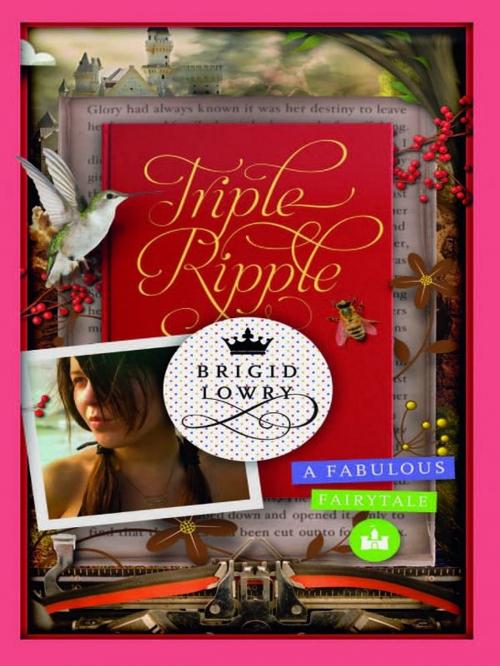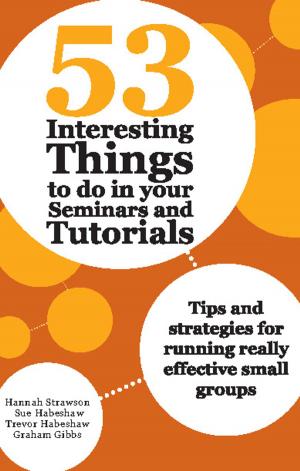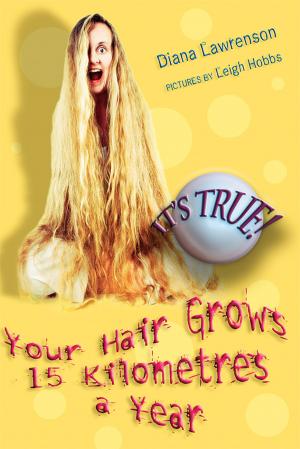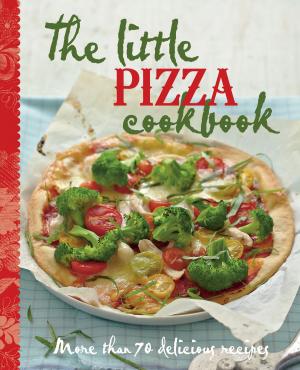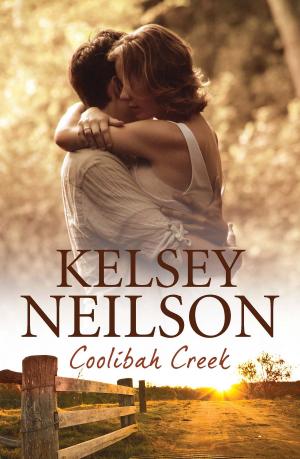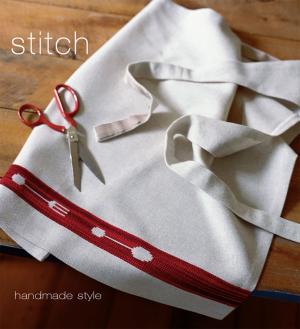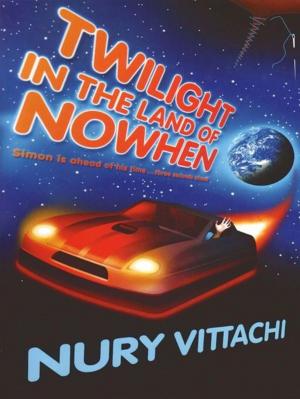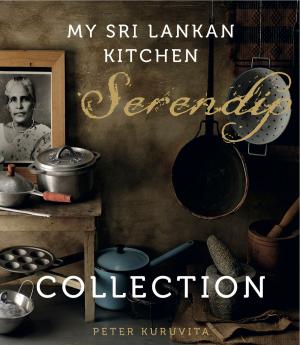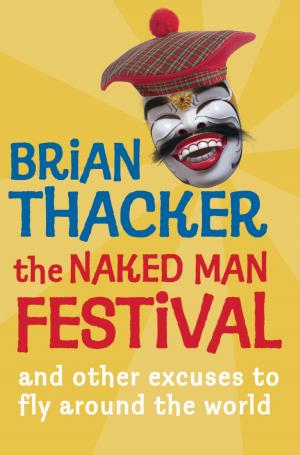| Author: | Brigid Lowry | ISBN: | 9781742692661 |
| Publisher: | Allen & Unwin | Publication: | March 1, 2011 |
| Imprint: | Allen & Unwin | Language: | English |
| Author: | Brigid Lowry |
| ISBN: | 9781742692661 |
| Publisher: | Allen & Unwin |
| Publication: | March 1, 2011 |
| Imprint: | Allen & Unwin |
| Language: | English |
The Writer begins with a sparkly good idea for a fabulous fairytale. A girl called Glory is sent to work in the Royal Palace, where the queen is planning a grand ball and a bad-tempered princess is sorting through jewels and tiaras. And, unknown to Glory, the threads of her destiny are coming together.
Nova is reading the fairytale. Fairytales are not usually her thing, but right now she's feeling a bit messy and lost. Her best friend has gone away and bitchy Dylan is hassling her. Still, Nova is curious to find out why Glory's mother is scrabbling under the bed for an old magic book.
Can the Writer make everything turn out happily ever after? Will the princess find true love? Will Glory escape a secret curse? And can Nova smooth out the lumps and bumps in her life?
In this experimental novel, Lowry deconstructs her story lines into three elements: writer, story, reader. It begins with the writer puttering about the house, fretful over her book. Next a traditional princess story begins, and then comes the modern-day story of Nova, an Australian teen, who reacts to the story, and also shares details of her daily life. The result is a strange, compelling mix of the self-doubt and daily humdrum of a writer, castles and fairyland, and teen angst. A few times the writer plays with the story by rewriting scenes. The time setting is unclear: while the writer rejects a photograph in one scenario (as photography hadn't yet been invented), she later says the king enjoys fine cars. Parallel to the princess story, Nova relates her own trials with humor, Australian slang, and a sprinkling of profanity. The inclusion of Nova's story makes the book best suited for teen readers who still enjoy a sweet princess tale, and it will particularly resonate with aspiring authors. Hand this to older fans of Gail Carson Levine. [Spike Magazine, 28/11/2011].
The Writer begins with a sparkly good idea for a fabulous fairytale. A girl called Glory is sent to work in the Royal Palace, where the queen is planning a grand ball and a bad-tempered princess is sorting through jewels and tiaras. And, unknown to Glory, the threads of her destiny are coming together.
Nova is reading the fairytale. Fairytales are not usually her thing, but right now she's feeling a bit messy and lost. Her best friend has gone away and bitchy Dylan is hassling her. Still, Nova is curious to find out why Glory's mother is scrabbling under the bed for an old magic book.
Can the Writer make everything turn out happily ever after? Will the princess find true love? Will Glory escape a secret curse? And can Nova smooth out the lumps and bumps in her life?
In this experimental novel, Lowry deconstructs her story lines into three elements: writer, story, reader. It begins with the writer puttering about the house, fretful over her book. Next a traditional princess story begins, and then comes the modern-day story of Nova, an Australian teen, who reacts to the story, and also shares details of her daily life. The result is a strange, compelling mix of the self-doubt and daily humdrum of a writer, castles and fairyland, and teen angst. A few times the writer plays with the story by rewriting scenes. The time setting is unclear: while the writer rejects a photograph in one scenario (as photography hadn't yet been invented), she later says the king enjoys fine cars. Parallel to the princess story, Nova relates her own trials with humor, Australian slang, and a sprinkling of profanity. The inclusion of Nova's story makes the book best suited for teen readers who still enjoy a sweet princess tale, and it will particularly resonate with aspiring authors. Hand this to older fans of Gail Carson Levine. [Spike Magazine, 28/11/2011].
